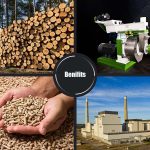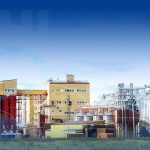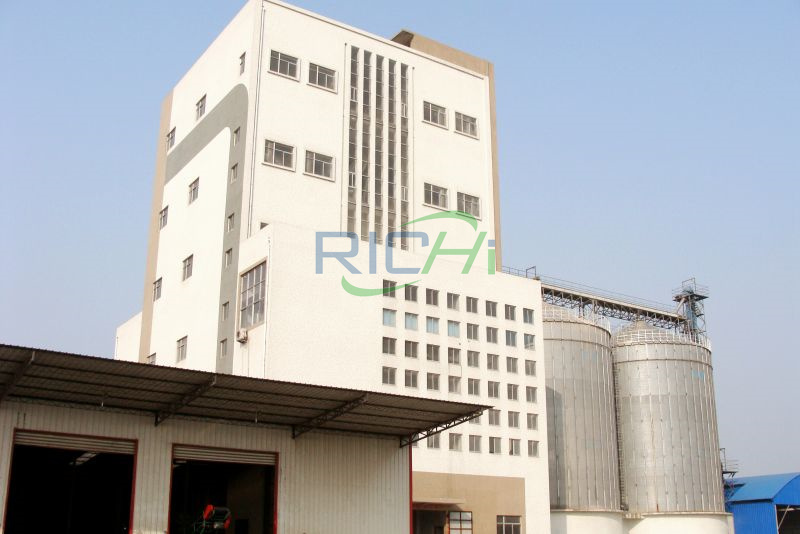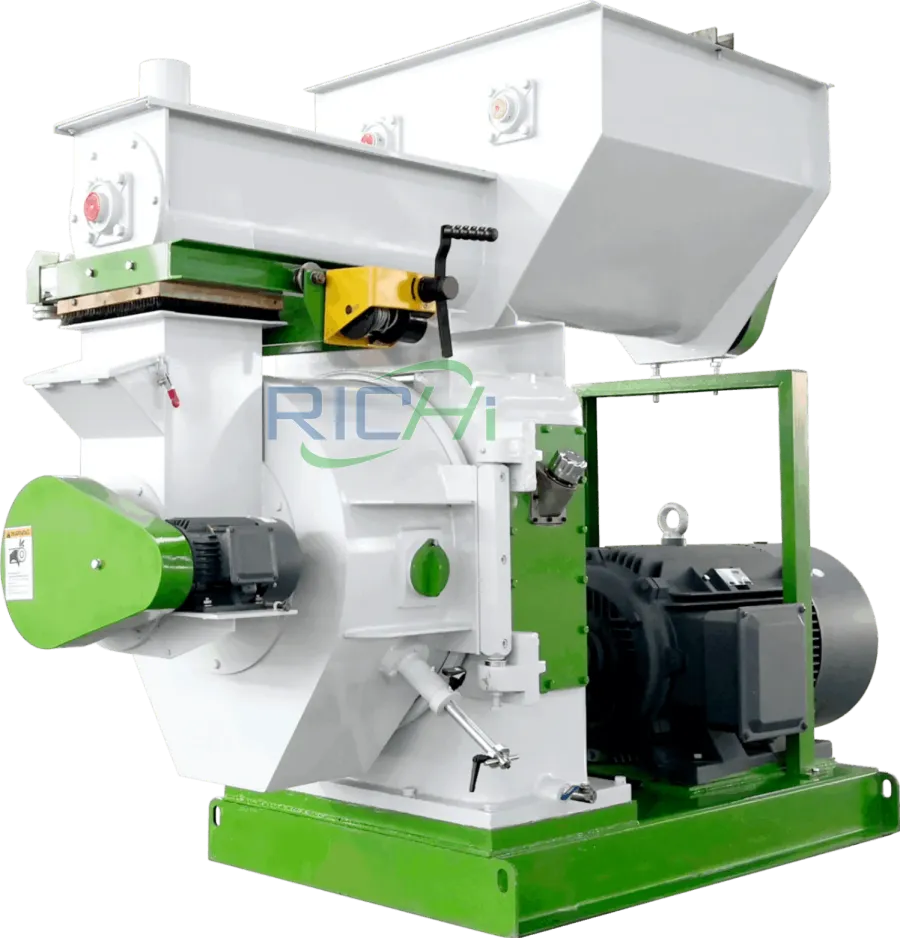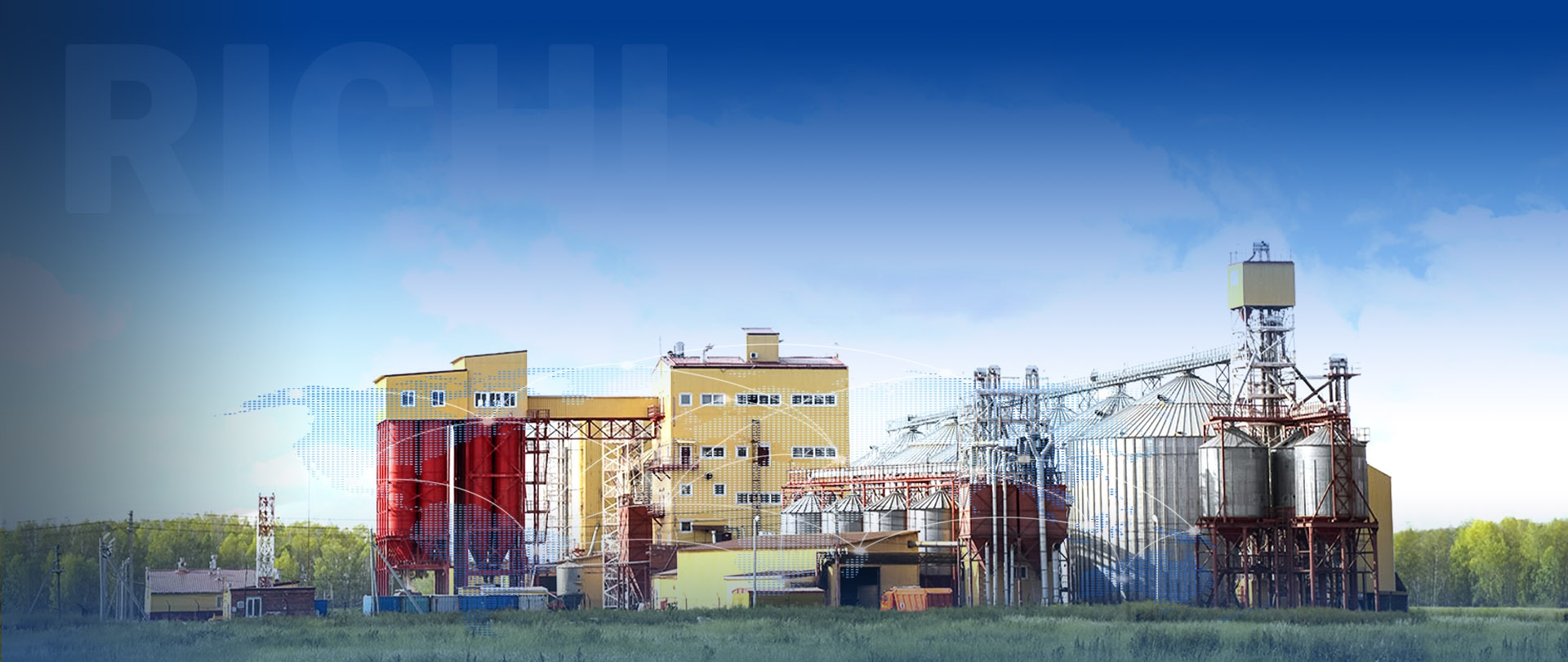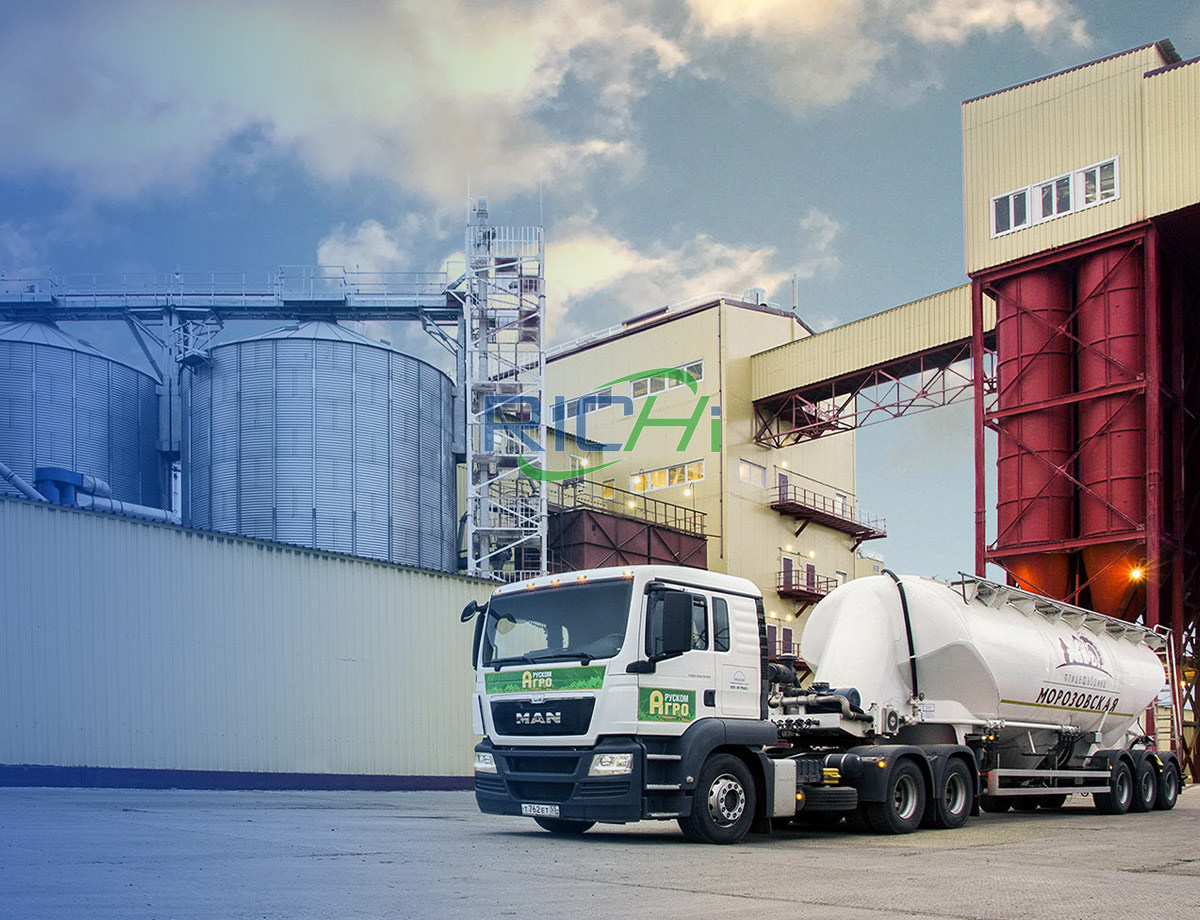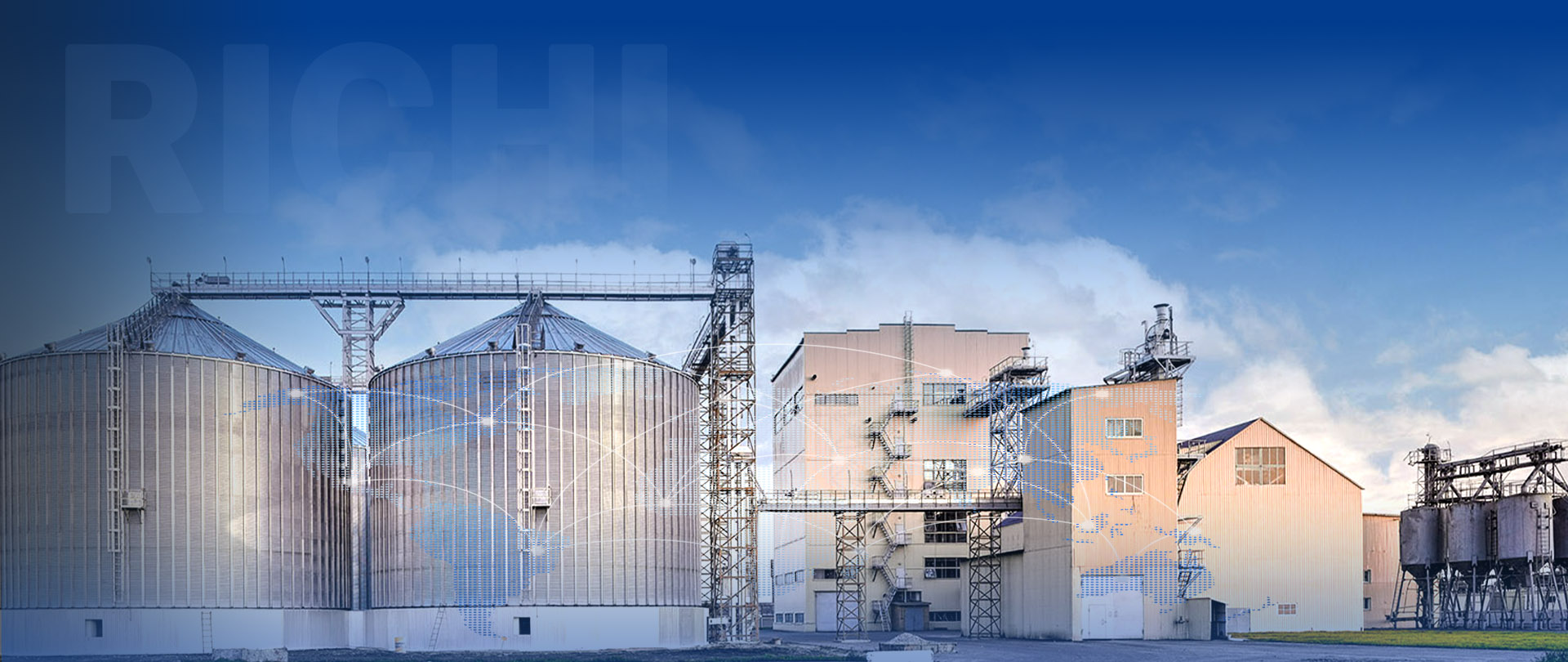Constructing a 15-ton-per-hour feed preparation plant is a multifaceted project that requires careful planning, design, construction, and commissioning. The time frame for this project can vary widely, typically ranging from 6 to 18 months, depending on various influencing factors. This article provides an overview of the key stages involved in building a feed preparation plant and the factors that affect the overall timeline.
Key Phases of Building a Feed Preparation Plant
- Planning and Feasibility Study (1-3 months) The initial phase involves conducting a thorough feasibility study and planning. This step includes:
- Market analysis and demand forecasting
- Site selection and assessment
- Financial feasibility and budgeting
- Preliminary design concepts
- Regulatory compliance review
- Detailed Design and Engineering (2-4 months) After the feasibility study and project approval, the detailed design and engineering phase begins, covering:
- Architectural and structural designProcess and mechanical engineeringElectrical, plumbing, and utility designEquipment selection and specifications
- Permitting and Approvals (1-3 months) Securing the necessary permits and approvals is a crucial step that can significantly influence the project timeline. This phase includes:
- Submission of design plans to local authorities
- Environmental impact assessments
- Health and safety compliance checks
- Zoning and land-use approvals
- Construction (3-6 months) The construction phase involves the physical build-out of the feed pellet production line, including:
- Site preparation and foundational workErection of structural steelConstruction of the building envelopeInstallation of key equipmentElectrical and plumbing work
- Equipment Installation and Testing (1-2 months) Once construction is completed, the focus shifts to the installation and testing of the specialized equipment needed for feed preparation. This phase includes:
- Installation of processing equipment (e.g., grinders, mixers, pellet mills)
- Installation of control systems and automation
- Calibration and testing of equipment
- Troubleshooting and adjustments
- Commissioning and Start-up (1-2 months) The final phase involves commissioning the plant and preparing it for operation. This includes:
- System-wide testing and integration
- Training of operators and staff
- Initial production runs and quality checks
- Fine-tuning of processes and equipment
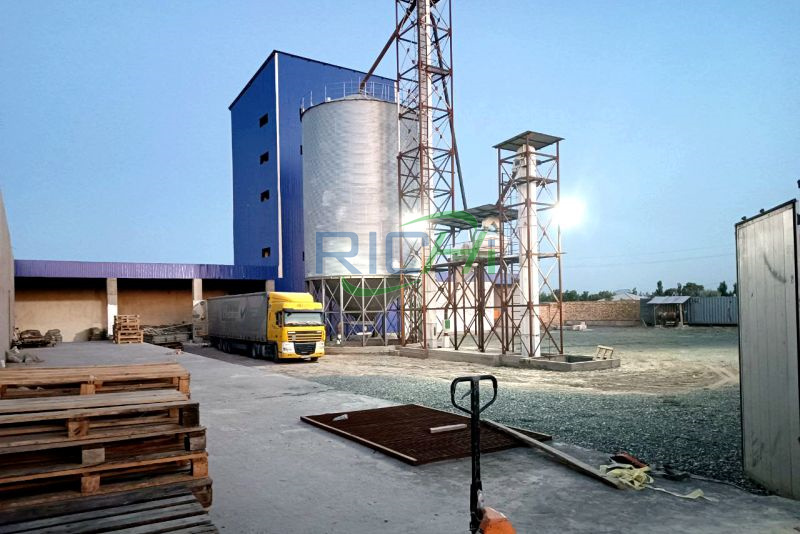
Factors Influencing the Project Timeline
Several factors can impact the overall timeline for building a 15t/h feed preparation plant:
- Project Complexity: More complex designs or specialized equipment can extend the timeline.
- Location: The plant’s location can influence construction time due to factors such as weather, local regulations, and labor availability.
- Funding and Budget: Consistent and adequate funding is crucial to maintaining the project schedule.
- Equipment Procurement: Delays in sourcing specialized equipment can push back the timeline.
- Regulatory Environment: Stringent regulations or slow approval processes can prolong the permitting phase.
- Project Management: Effective project management is essential for keeping the project on track.
- Unforeseen Challenges: Issues such as unexpected site conditions or supply chain disruptions can cause delays.
Strategies for Optimizing the Timeline
To minimize delays and optimize the timeline for building a 15t/h feed preparation plant, consider the following strategies:
- Thorough Planning: Invest in comprehensive planning to anticipate and mitigate potential issues.
- Parallel Processing: Conduct certain phases concurrently, such as beginning equipment procurement during the design phase.
- Experienced Team: Work with designers, engineers, and contractors who have experience with feed preparation plants.
- Early Engagement with Authorities: Begin discussions with regulatory authorities early to streamline the permitting process.
- Modular Construction: Consider modular construction techniques to reduce on-site construction time.
- Efficient Project Management: Implement robust project management practices to keep all project aspects on track.
- Contingency Planning: Build contingencies into the schedule to account for potential delays.
Conclusion
Building a 15t/h feed plant is a significant undertaking that typically takes between 6 to 18 months from initial planning to full operation. The exact timeline depends on factors such as project complexity, location, regulatory environment, and project management efficiency. By understanding the phases involved and the factors that influence the timeline, project managers can better plan and execute the construction of a feed preparation plant.
While aiming for the shortest possible timeline is natural, balancing speed with quality and safety is crucial. Rushing through critical phases can lead to costly mistakes or safety issues. A well-planned and executed project, even if it takes longer, is often preferable to a rushed project that encounters significant operational challenges.
Ultimately, the success of building a 15t/h feed preparation plant depends on careful planning, efficient execution, and the ability to adapt to challenges as they arise. With the right approach and team, it’s possible to complete such a project within a reasonable timeframe while ensuring high-quality results and long-term operational success.



